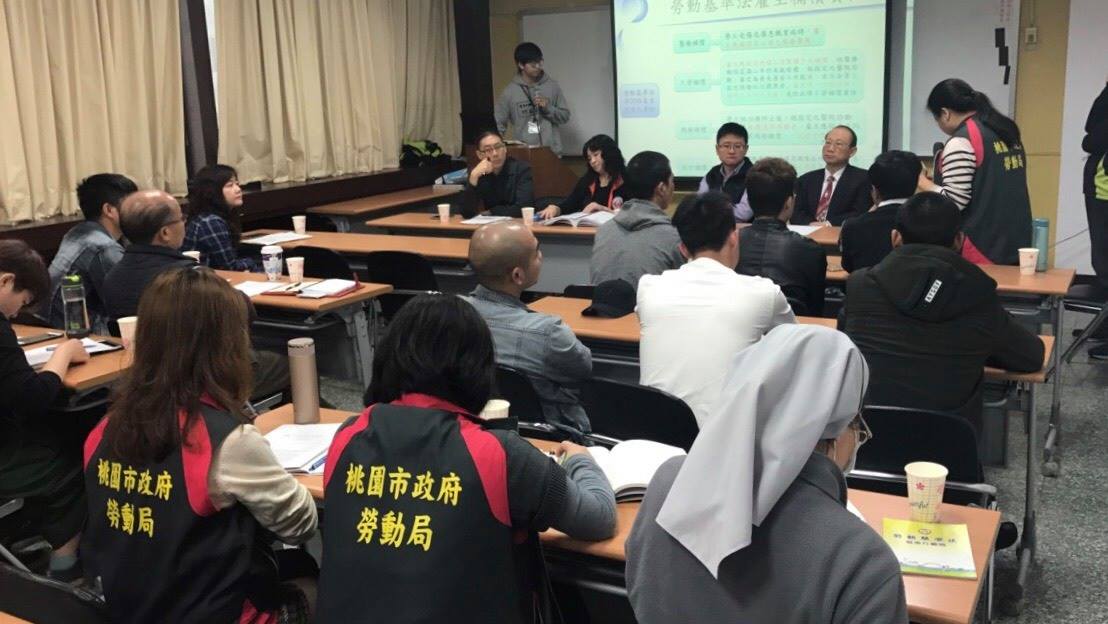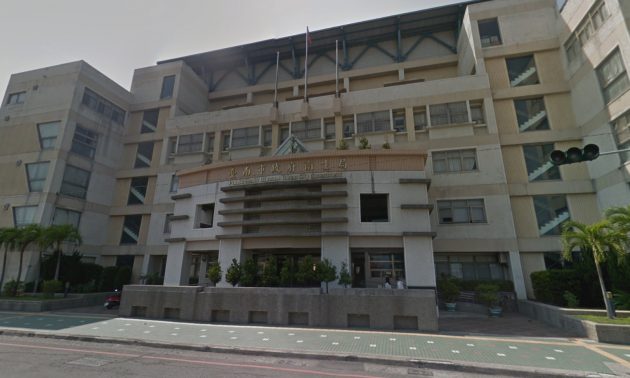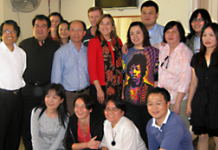On the second day of the Lunar New Year, it is the custom for married daughters to visit their parents. Some foreign brides married to Taiwanese men are however unable to do so.
According to newspaper reports, the number of foreign brides in Taiwan already exceeds 150,000. This figure does not include those from China. If the number continues to increase at this rate, Taiwan will probably become a melting pot like the US in a few years. The meaning of “New Taiwanese” will probably need to be redefined to include such demographic elements as “Taiwanese-Vietnamese,” “Taiwanese-Thai,” “Taiwanese-Malaysians,” etc.
We do not know if the authorities have come up with a concrete action plan to tackle the problem or if they intend to let it run its course. It is important to note that most of the people married to foreign brides in the past were elderly and/or handicapped men, many of them veterans, who needed care and were therefore unable to find a suitable wife in Taiwan.
Young men are now willing to or feel compelled to spend money on taking foreigners as brides. I believe that we should be concerned about the gradual change of Taiwanese people’s views on love and marriage. Do more people feel a “purchased marriage” is safer than a marriage based on mutual love? Now that the nation is experiencing a gradually progressing feminist revolution, do conservative Taiwanese men feel that Taiwanese women are no longer subservient and “virtuous” enough? Is it that they only want to find a submissive wife who will bear children and become homemakers?
For centuries, spouse selection was subject to family status and social standing. Basing their decision on the caprice of matchmakers, parents chose brides for their sons. Their sons, not to mention their daughters, had little choice in the matter. The development of democratic politics in conjunction with the sexual revolution over the last one or two hundred years has finally made it possible for people to enjoy the freedom of spouse selection and be at ease to seek love and marriage at their own pace and in their own way.
But, how do people find their perfect match among the crowd? People who finally have freedom of choice in love and marriage are faced with greater responsibility and they often find themselves in a fix: They do not know where to start. They become apprehensive and confused, particularly when they have to be responsible for their own choice. Two extremes arise as a result. One only wants love but not marriage; the other wants marriage but not love.
Basically, the needs for spouse selection can be divided into three levels. The first level, and also the basic level, is to satisfy sexual desire and bear children. The second level is to build a family and share life together. The third level, also the highest level, is to satisfy mental and emotional needs. Taiwan’s phenomenon of having a “foreign marriage by purchase” seems to meet the needs of the first two levels. These people get married not because of love. This type of marriage would not be problematic in the past because it would be in tune with the social custom of that time. But, in a liberal democratic society that espouses freedom of choice, a material-oriented marriage not based on love is worrisome.
An American psychologist once conducted a survey on more than 500 married couples to find out the correlations between the duration of courtship and marriage satisfaction. Most of the couples who spent a longer period of time in courtship demonstrated greater satisfaction with their marriages. On the contrary, about 40 percent of those couples who were in a hurry to get hitched demonstrated dissatisfactions. The psychologist’s conclusion was that the duration of courtship should last three to five years.
Let us return to the situation in Taiwan. Will the marriage with a foreign bride ensure lasting happiness? According to a survey, there were more than 80 new foreign brides in Tsaotun Township in Nantou County last year. A massive 20 people have already divorced their foreign brides — six years before the seven-year itch. This is just a preliminary survey. A more comprehensive research study on these foreign marriages focusing on the level of bliss in the marriage is called for. If half of the responses show negative results, the authorities should perhaps provide counselling services for these “foreign marriages by purchase.”
But if it is found that a vast majority of these marriages are happy, other people who would otherwise insist on free-choice in partners should be discouraged from spending so much time on courtship. Instead, they should just take part in TV matchmaking programs. Or the government can start a program to organize groups to go abroad and take back foreign brides.
In any case, as the trend of taking foreign brides continues to grow, we should try to understand the change of Taiwanese people’s view on marriage. Lu Chien-chi is a professor of philosophy at Huafan University.
Translated by Grace Shaw








